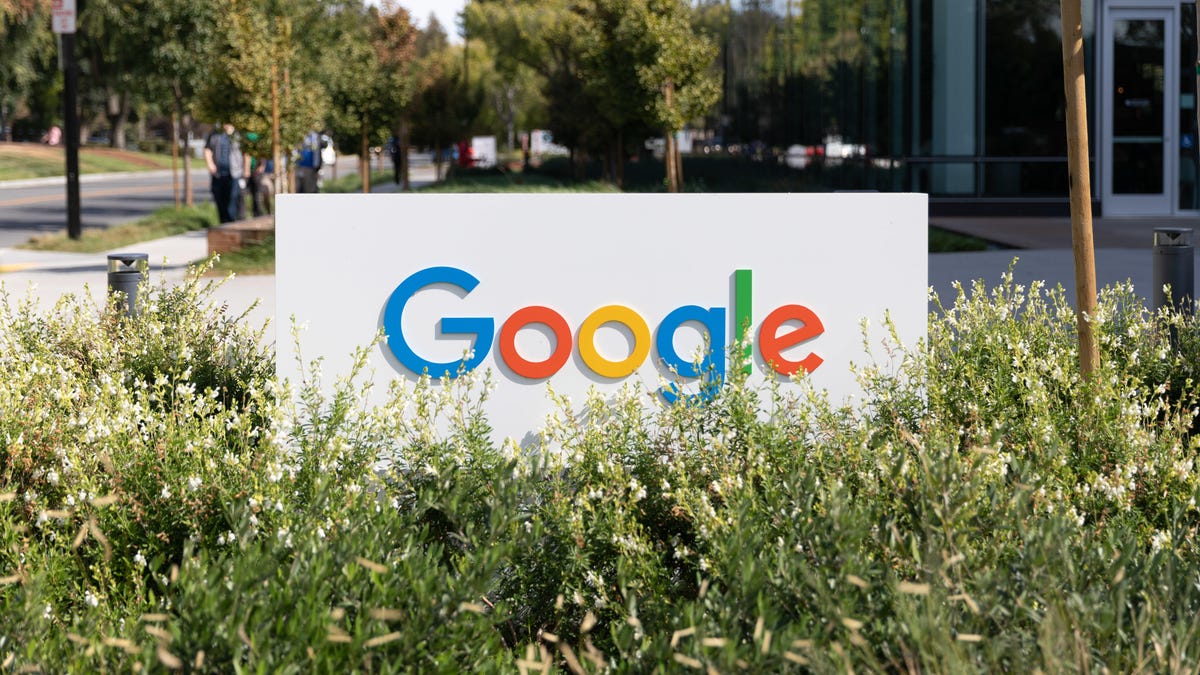Alphabet faces pressure from shareholders on human rights at annual meeting
Activists pushed Google's parent company to adopt new policies.

Google headquarters in Mountain View, California.
Google's parent company Alphabet faced a barrage of withering complaints at its annual meeting on Wednesday, as shareholders slammed the tech giant over its efforts in human rights, combating misinformation and establishing whistleblower protections.
The meeting, held virtually, brought together Alphabet's leadership with company stockholders for procedural measures like the election of directors and the approval of stock plans. But the gathering also showcased criticism in the form of shareholder proposals, a common element of big companies' annual meetings and something institutional investors use as a platform to direct grievances at leadership.
One proposal urged Alphabet to nominate a board director with a background in civil and human rights. Another proposal pushed the company to adopt policies that protect whistleblowers who call out the company for wrongdoing.
"Google and YouTube have become lightning rods for disseminating racism, sexism, hate, violence and misinformation," Natasha Lamb, managing partner at Arjuna Capital, which sponsored the human rights proposal, said at the meeting. "Today, Alphabet has been addressing the symptoms, not the sickness, which is a business model fueled by clickbait and user profiling."
That proposal, as well as all other shareholder proposals presented Wednesday, was voted down by investors.
Alphabet's meeting comes as the company faces threats on several fronts. The company is the target of three major antitrust lawsuits, including a landmark case by the US Department of Justice, and another complaint from a bipartisan coalition of states.
Google has also been dealing with chaos in its artificial intelligence unit for months. In December, Timnit Gebru, one of the few prominent Black women in the field, announced on Twitter that she had been fired over a research paper that called out risks for bias in AI, including in systems used by Google's search engine. The fallout from that led to Google's firing of Margaret Mitchell, who co-led the company's ethical AI unit with Gebru, after an investigation over data security. Samy Bengio, who managed Gebru and Mitchell and voiced support for them, resigned in April.
Shareholders brought up the controversy involving Gebru's exit in the proposal on whistleblower protections. Jeff Dean, Google's AI chief, acknowledged in a recent interview with CNET that the blow to Google's reputation from the turmoil could hurt efforts to recruit new researchers.
Asked about AI ethics during a Q&A session on Wednesday, Google Senior Vice President of Global Affairs Kent Walker defended the company's track record. "We're of course deeply familiar with the issues involved with machine-learning models like unfair bias," he said. "And we've been we've been developing these technologies for many years." But the company didn't make any mention of the ousters of Gebru and Mitchell, who had done high-profile research in the area.

